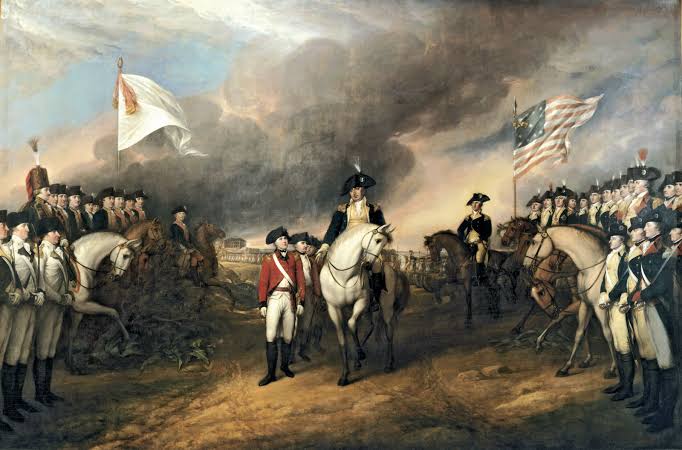Was it a radical or conservative American Revolution? More specifically, how do we understand the political nature of 1776?
When most people think of the causes that led to the American War for Independence, they think of the phrase “no taxation without representation.” This principle played a role, but it was only part of a much larger constitutional struggle in favor of the limited government. The Americans who protested against British encroachments on colonial liberties wanted to preserve their traditional rights. They were not revolutionaries seeking the radical restructuring of society.
Radical or Conservative American Revolution?
Colonial spokesmen possessed a breathtaking command of British history and law. They used the word “innovation” pejoratively, as in John Adams’s Braintree Instructions of 1765 that held that Parliament’s new taxes were an unconstitutional innovation. They were well aware of the celebrated British documents to which they could appeal in their defense, particularly the Magna Carta (1215), the Petition of Right (1628), and the Bill of Rights (1689).
The controversy surrounding the Stamp Act of 1765 is instructive. Designed as a revenue measure for the British government, the Act required that a wide variety of paper products in the colonies—from legal deeds to newspapers, from tavern licenses to wills—bear revenue stamps, indicating in each case that this new tax had been paid. From the American point of view, such taxation without consent was an intolerable novelty.
Among the great heroes of the Stamp Act crisis was Virginia’s Patrick Henry. Henry proposed to the colony’s legislature the Virginia Resolves, a list of seven resolutions outlining the colonial position on the Stamp Act.
The first two were tame enough, insisting that the colonists possessed all the rights of Englishmen. The third proclaimed the principle of colonial self-taxation as essential to the British constitution. The fourth contended that the colony had the right, in its internal matters, to be governed solely by-laws passed by its own legislature and approved by the royal governor. The fifth was a more confrontational way of wording the third, stating that the “General Assembly of this colony have the only and sole exclusive right and power to lay taxes and impositions upon the inhabitants of this colony,” and that any attempt to repose such power elsewhere must undermine both colonial and British freedom. The sixth simply drew the logical conclusion of the fourth, arguing that the colonies were not required to obey laws that had not been approved by their own legislature; the Stamp Act was one such law. The seventh ended the resolves on a dramatic note: anyone who denied the principle that the
colonies were subject only to legislation passed by their own legislatures was a traitor to Virginia.
Additional Resources About Revolution and Colonies
Cite This Article
"Radical or Conservative American Revolution" History on the Net© 2000-2024, Salem Media.
April 24, 2024 <https://www.historyonthenet.com/radical-or-conservative-american-revolution>
More Citation Information.

